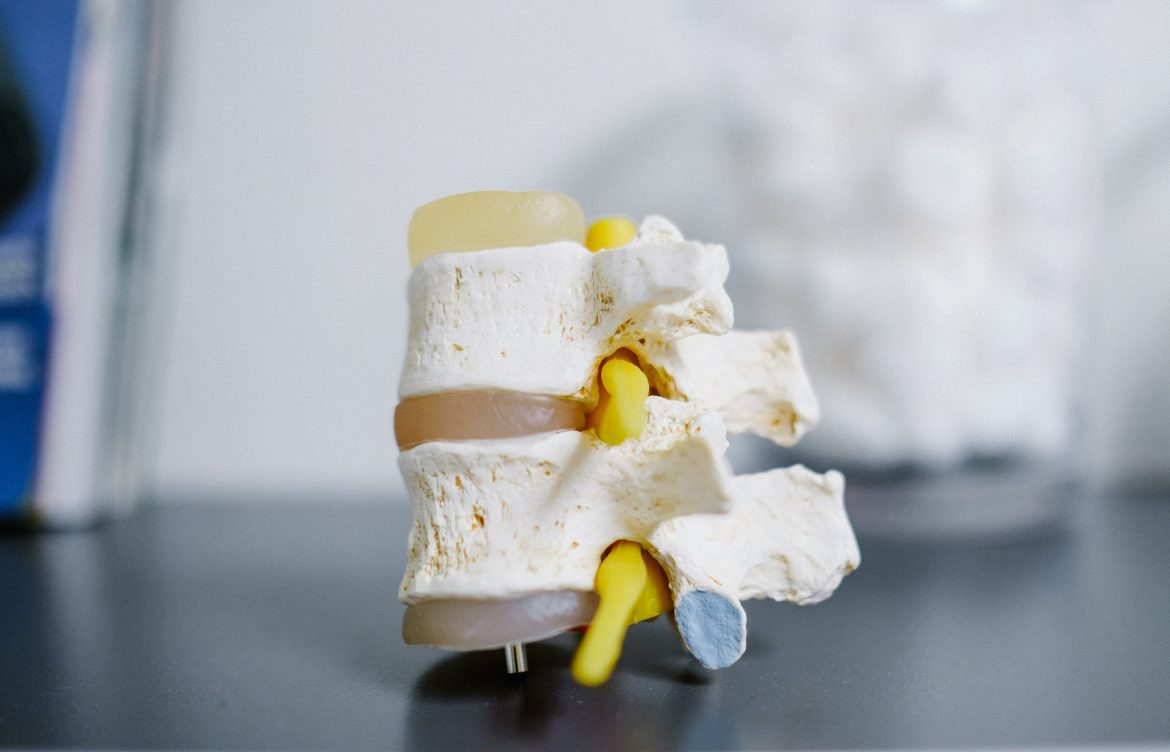
How To Keep Your Bones Healthy
Maintaining strong bones is crucial for overall health and mobility, especially as we age. Our bones provide structure, protect organs, anchor muscles, and store calcium.
By taking proactive steps, we can ensure our skeletal system remains robust throughout our lives. Here are some essential tips to help you keep your bones strong and healthy.
Get Enough Calcium
Calcium is a vital mineral for bone health. It’s essential for maintaining bone density and strength. Adults typically need about 1,000 mg of calcium per day, with the requirement increasing to 1,200 mg for women over 50 and men over 70.
Sources of Calcium:
- Dairy products: milk, yogurt, cheese
- Leafy green vegetables: broccoli, kale, spinach
- Fish with edible bones: sardines, canned salmon
- Fortified foods: cereals, plant-based milks, juices
Ensure Adequate Vitamin D Intake
Vitamin D is crucial for calcium absorption in the body. Without sufficient vitamin D, bones can become thin, brittle, or misshapen. Aim for 600-800 IU of vitamin D per day, which can be achieved through a combination of sunlight exposure, diet, and supplements.
Sources of Vitamin D:
- Sunlight: 10-30 minutes of sun exposure several times a week
- Fatty fish: salmon, mackerel, tuna
- Fortified foods: milk, orange juice, cereals
- Supplements: Vitamin D3 supplements
Engage in Weight-Bearing and Strength Training Exercises
Physical activity is essential for building and maintaining strong bones. Weight-bearing exercises, such as walking, running, and dancing, help stimulate bone formation. Strength training exercises, like lifting weights or using resistance bands, are also beneficial for bone health.
Recommended Exercises:
- Weight-bearing: brisk walking, hiking, jogging, stair climbing
- Strength training: weightlifting, body-weight exercises (push-ups, squats)
- Balance and flexibility: yoga, tai chi
Eat a Balanced Diet
A balanced diet rich in fruits, vegetables, lean proteins, and whole grains provides the necessary nutrients for bone health. Ensure you get enough magnesium, potassium, vitamin K, and protein, as these nutrients play significant roles in bone formation and maintenance.
Nutrient-Rich Foods:
- Magnesium: nuts, seeds, whole grains, dark chocolate
- Potassium: bananas, sweet potatoes, beans
- Vitamin K: leafy greens, broccoli, Brussels sprouts
- Protein: lean meats, legumes, dairy products, tofu
Avoid Smoking and Limit Alcohol Consumption
Smoking and excessive alcohol consumption can weaken bones and increase the risk of fractures. Smoking reduces blood flow to the bones and slows the production of bone-forming cells. Alcohol interferes with the balance of calcium and vitamin D.
Tips to Reduce Risk:
- Quit smoking: Seek support from healthcare professionals or support groups.
- Limit alcohol: Keep intake to one drink per day for women and two drinks per day for men.
Maintain a Healthy Weight
Being underweight or overweight can affect bone health. Underweight individuals may have reduced bone density, while excess weight can put additional stress on bones and joints. Aim for a healthy weight through a balanced diet and regular exercise.
Weight Management Strategies:
- Eat nutrient-dense foods
- Avoid crash diets
- Engage in regular physical activity
- Consult a healthcare provider for personalized advice
Get Regular Bone Density Tests
Bone density tests can help detect osteoporosis or low bone mass early. If you are at risk, regular screening can help monitor bone health and guide preventive measures.
Risk Factors:
Age: Women over 65 and men over 70
Family history of osteoporosis
- Long-term use of corticosteroids
- Lifestyle factors: smoking, excessive alcohol consumption
By incorporating these tips into your daily routine, you can help maintain strong and healthy bones throughout your life. Remember, it’s never too early or too late to start taking care of your bones. Make these habits part of your lifestyle, and enjoy the benefits of a robust skeletal system for years to come.
Stay healthy, stay strong!